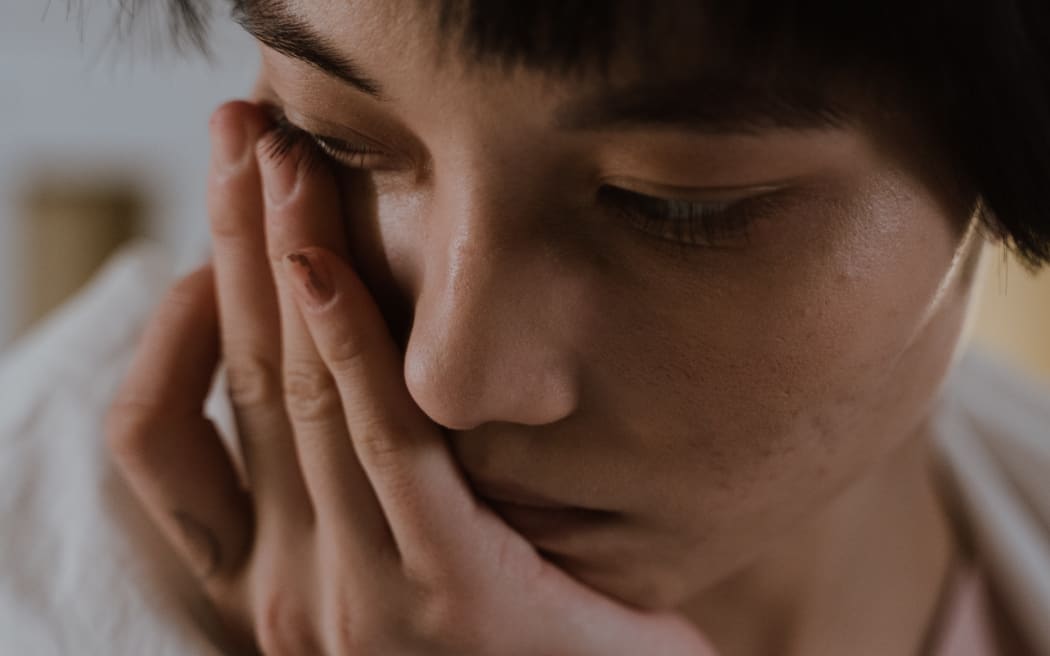Free, open conversation about mental health seems like a good thing, but research is suggesting that there are downsides to the overuse of terms like 'anxiety' and 'depression'.
A new study by the University of Melbourne explores how 'concept creep' - in which the definition of a psychological concept broadens over time - may be contributing to overdiagnosis and increased fragility.
"There's been this tendency, we're arguing, for both of those terms to be pathologised over time, to be seen as more severe, to be seen through a clinical lens," psychological science professor Nick Haslam tells Susie Ferguson.

Photo: Cottonbro / Pexels
The cultural evolution of the word 'bullying' is an example of concept creep, Haslam says.
"Bullying, when it was introduced to psychology back in the 1970s, referred to a very specific type of aggression - intentional and repeated aggression by children towards less powerful peers."
In the last few decades, the definition of 'bullying' has expanded to include bad behaviour by adults at work that doesn't have to be intentional, repeated or carried out by people in power.
"People are using the word 'bullying' … because they're finding the word useful to refer to unpleasant behaviour that they experience."
While Haslam's research team's previous study of the word 'trauma' founds its meaning has been diluted over time, he says the opposite has occurred with the words 'anxiety' and 'depression'.
In recent decades, these two words have come to be frequently discussed in relation to symptoms and disorders, Haslam says, and people are now much more inclined to view 'anxiety' and 'depression' as things that need to be treated.
"People are tending to see anxiety and 'depression - including relatively ordinary low-intensity variants of those - as problematic."
Haslam speculates that this 'concept creep' is leading to self-overdiagnosis, the seeking of unnecessary treatment and also the inference that everyday experiences of unhappiness require professional help.
Over time, 'depression', once a clinical term, has come to mean "everyday sadness", he says.
"Depression itself isn't necessarily a pathological state that needs clinical attention, that needs to be treated with medications or therapy."
Likewise, anxiety is actually a very healthy emotion: "If you didn't have it you'd get in all sorts of trouble, you wouldn't avoid all sorts of difficulties and dangers."
Where to get help:
If it is an emergency and you feel like you or someone else is at risk, call 111.
Need to Talk? Free call or text 1737 any time to speak to a trained counsellor, for any reason.
Lifeline: 0800 543 354 or text HELP to 4357
Suicide Crisis Helpline: 0508 828 865 / 0508 TAUTOKO (24/7). This is a service for people who may be thinking about suicide, or those who are concerned about family or friends.
Depression Helpline: 0800 111 757 (24/7) or text 4202
Samaritans: 0800 726 666 (24/7)
Youthline: 0800 376 633 (24/7) or free text 234 (8am-12am), or email talk@youthline.co.nz
What's Up: free counselling for 5 to 19 years old, online chat 11am-10.30pm 7days/week or free phone 0800 WHATSUP / 0800 9428 787 11am-11pm
Asian Family Services: 0800 862 342 Monday to Friday 9am to 8pm or text 832 Monday to Friday 9am - 5pm. Languages spoken: Mandarin, Cantonese, Korean, Vietnamese, Thai, Japanese, Hindi, Gujarati, Marathi and English.
Rural Support Trust Helpline: 0800 787 254
Healthline: 0800 611 116
Rainbow Youth: (09) 376 4155
OUTLine: 0800 688 5463 (6pm-9pm)
Family Violence
Women's Refuge:(0800 733 843
It's Not OK 0800 456 450
Shine: 0508 744 633
Victim Support: 0800 842 846
HELP Call 24/7 (Auckland): 09 623 1700, (Wellington): 04 801 6655 - push 0 at the menu
The National Network of Family Violence Services NZ has information on specialist family violence agencies.

